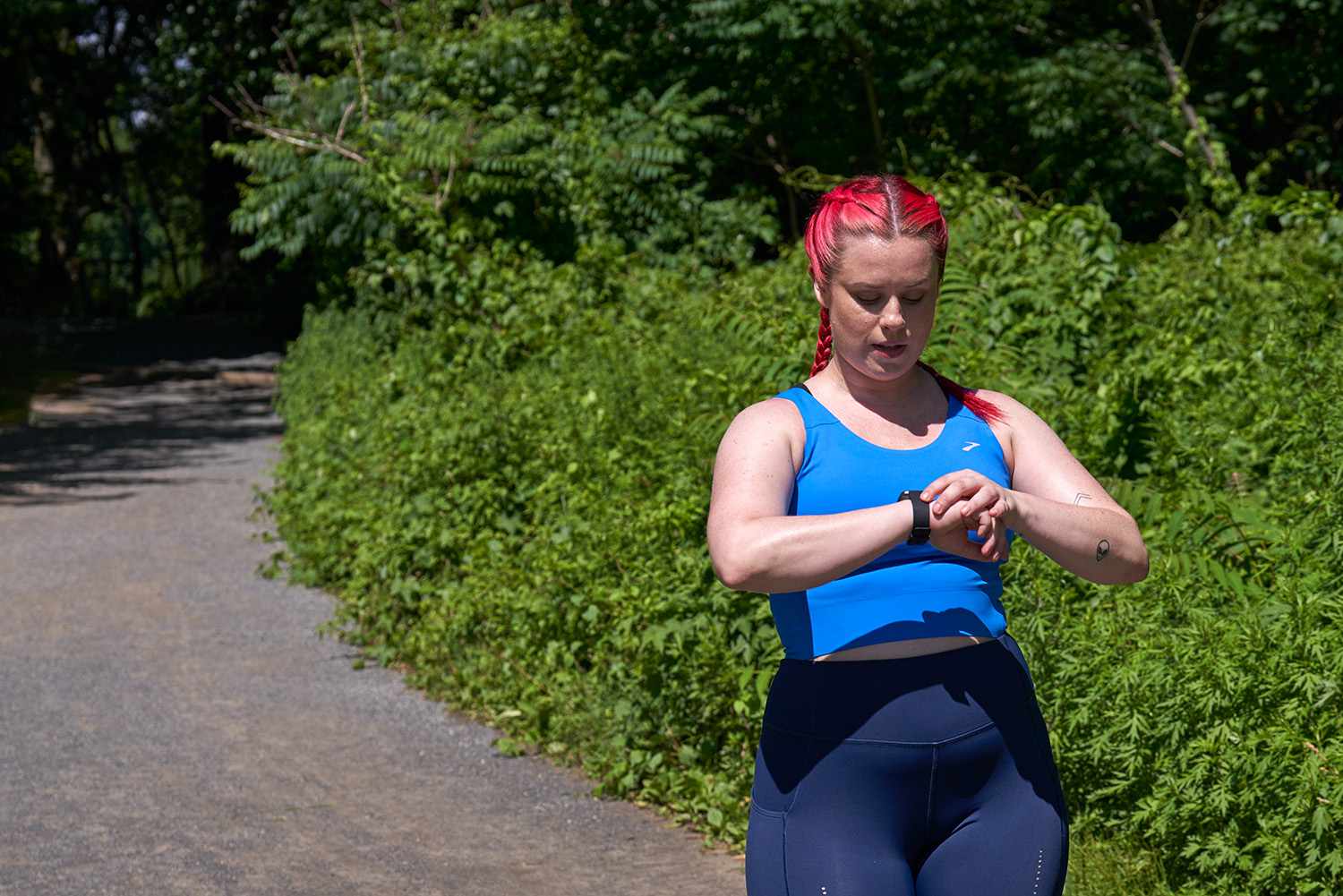Introduction: The Pursuit of Quick and Sustainable Weight Loss
Contents
In our fast-paced world, many individuals seek quick and effortless solutions for weight loss. While exercise is often touted as a cornerstone of healthy weight management, the reality is that not everyone has the time, ability, or inclination to engage in rigorous physical activity. Fortunately, there are proven strategies that can help you shed unwanted pounds without relying solely on exercise. How to lose weight fast without exercise?In this comprehensive guide, we’ll explore practical approaches to losing weight fast without exercise, emphasizing sustainable lifestyle changes and healthy habits.
The Role of Diet in Weight Loss
Understanding Calorie Deficits
How to lose weight fast without exercise?At its core, weight loss is a matter of creating a calorie deficit – burning more calories than you consume. While exercise can contribute to this deficit by increasing calorie expenditure, dietary modifications play a crucial role in controlling calorie intake. By making mindful choices about the foods you eat and the portions you consume, you can create a calorie deficit without relying heavily on exercise.
The Importance of Nutritious Foods
Not all calories are created equal, and the quality of the foods you consume can significantly impact your weight loss journey. Focusing on nutrient-dense, whole foods can help you feel fuller for longer, regulate your appetite, and provide your body with the essential vitamins and minerals it needs to function optimally. Incorporate a variety of fruits, vegetables, lean proteins, and healthy fats into your diet for optimal results.
Effective Dietary Approaches for Weight Loss
1. Intermittent Fasting
Intermittent fasting is a popular dietary approach that involves alternating between periods of eating and fasting. By limiting your eating window to a specific timeframe each day or incorporating periodic fasting days, you can reduce your overall calorie intake without drastically cutting portions or eliminating entire food groups. Popular intermittent fasting methods include the 16/8 method (fasting for 16 hours and eating within an 8-hour window) and the 5:2 diet (eating normally for 5 days and restricting calories for 2 non-consecutive days).
2. Low-Carb or Ketogenic Diets
How to lose weight fast without exercise?Reducing your carbohydrate intake can be an effective strategy for weight loss, as it encourages your body to burn fat for fuel instead of relying on glucose from carbs. Low-carb and ketogenic diets emphasize foods high in healthy fats and proteins while limiting carbohydrates from sources like grains, starchy vegetables, and sugary treats. This approach can help you feel fuller for longer and reduce cravings, making it easier to maintain a calorie deficit.
3. Mindful Eating and Portion Control
Even without adhering to a specific diet plan, practicing mindful eating and portion control can be powerful tools for weight loss. By slowing down during meals, savoring each bite, and paying attention to hunger and fullness cues, you can develop a more mindful relationship with food. Additionally, using portion control techniques, such as measuring or weighing your food, can help you become more aware of appropriate serving sizes and prevent overeating.
Lifestyle Strategies for Weight Loss
1. Prioritize Sleep and Stress Management
Adequate sleep and effective stress management play crucial roles in weight loss and overall health. Lack of sleep and chronic stress can disrupt hormonal balances, increase appetite, and promote cortisol production, which can lead to weight gain and difficulty losing weight. Aim for 7-9 hours of quality sleep each night and incorporate stress-relieving activities like meditation, yoga, or deep breathing exercises into your routine.
2. Stay Hydrated
How to lose weight fast without exercise?Drinking enough water can support weight loss efforts by promoting feelings of fullness, aiding digestion, and preventing mistaking thirst for hunger. Aim to consume at least 8 cups (64 ounces) of water per day, adjusting your intake based on your activity level, climate, and individual needs.
3. Increase Non-Exercise Activity Thermogenesis (NEAT)
While structured exercise isn’t the focus, increasing your daily movement and activity levels can contribute to weight loss. Non-exercise activity thermogenesis (NEAT) refers to the calories you burn through everyday activities like walking, fidgeting, chores, and even standing instead of sitting. Simple changes like taking the stairs, parking farther away, or incorporating short walking breaks throughout the day can add up and support your weight loss efforts.

Additional Strategies for Sustainable Weight Loss
1. Be Patient and Consistent
Losing weight without exercise may be slower than combining diet and exercise, but patience and consistency are key. Stick to your chosen strategies, track your progress, and celebrate small victories along the way. Sustainable weight loss is a journey, and maintaining a positive mindset and commitment can help you achieve your long-term goals.
2. Seek Professional Guidance
If you have underlying health conditions, a history of disordered eating, or significant weight to lose, it’s essential to seek guidance from a qualified healthcare professional or registered dietitian. They can provide personalized advice, monitor your progress, and ensure that your weight loss approach is safe and effective for your unique circumstances.
3. Embrace a Holistic Approach
While dietary modifications and lifestyle changes can contribute significantly to weight loss, embracing a holistic approach that encompasses physical, mental, and emotional well-being is crucial for long-term success. Consider incorporating stress-reducing activities, mindfulness practices, and self-care routines to support your overall health and create a sustainable lifestyle.
Finding the Right Path for Your Weight Loss Journey
Losing weight without relying solely on exercise is possible with the right strategies and mindset. By focusing on dietary modifications, adopting healthy lifestyle habits, and prioritizing self-care, you can create a calorie deficit and achieve sustainable weight loss results.
Remember, there is no one-size-fits-all approach, and finding the right combination of strategies that align with your preferences, goals, and lifestyle is crucial. Be patient, celebrate your progress, and seek support when needed. With dedication and perseverance, you can achieve your weight loss goals and cultivate a healthier, more vibrant life without the pressure of intense exercise routines.
Conclusion
While it’s possible to lose weight fast without exercise through dietary changes and calorie restriction, it’s important to approach weight loss in a healthy and sustainable manner. Rapid weight loss methods may not be suitable for everyone and can pose potential health risks. It’s crucial to prioritize balanced nutrition, portion control, and lifestyle habits for long-term success. Consulting with a healthcare professional or registered dietitian can provide personalized guidance for safe and effective weight management. Ultimately, adopting a holistic approach that includes a nutritious diet, regular physical activity, and mindful lifestyle habits can lead to sustainable weight loss and overall well-being.



